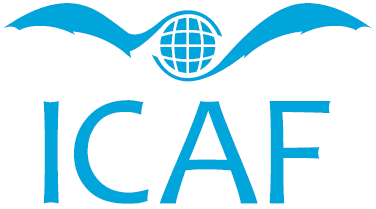Structural integrity as enabler towards sustainability in aviationPresentation: Session: Session 11: Digital engineering II Room: Theatre room: plenary Session start: 10:50 Wed 28 Jun 2023 Ligeia Paletti ligeia.paletti@nlr.nl Affifliation: Royal Netherlands Aerospace Centre Topics: - Airworthiness considerations (Genral Topics), - Advanced materials and innovative structural concepts (Genral Topics), - Life extension and management of ageing fleets (Genral Topics), - NDI, inspections and maintenance (Genral Topics), - Environmental effects (Genral Topics) Abstract: Aviation is undergoing an epochal transition to ensure air mobility will continue to provide its value to society, while at the same time stop impacting the climate, by zeroing the emissions of all types of greenhouse gases and pollutants. To achieve this, technological developments focus on propulsive solutions. Not only such propulsive solutions will impact the design of aircraft, conventional designs also need to be reevaluated to achieve a sustainable aviation. The implementation of structural integrity in aircraft design and certification is not yet fully effective in the conventional aircraft lifecycle, and it will need significant research in relation to the new designs. Currently, this limits the beneficial impact of structural integrity on aircraft structures and materials, and its potential contribution to sustainability. The knowledge, practices and tools embedded in aeronautical structural integrity are identified as a stringent need in other sectors. This means that structural integrity can be not only beneficial for the aviation sector itself, but it could have a broader impact on other sectors. Unfortunately, within the aeronautical structural integrity community, the connection between sustainability and structural integrity is not fully visible. The technical language used in the structural integrity publications also create a barrier in terms of accessibility of the results of the structural integrity research and their value. This creates a disconnect between different research fields, but also with younger generations of researchers. This paper wants to put aeronautical structural integrity in relation to the field of sustainability, to show how structural integrity is a fundamental enabler of sustainability in aviation; then the paper provides a view of how bringing structural integrity at the forefront of aircraft design could enable the design of even more sustainable aircraft structures. Last an overview of what structural integrity practices could be beneficial in other applications than aviation is given, together with recommendations on how to engage with sustainability researchers in aviation and in another fields. |

ICAF 2023
Delft, The Netherlands, 2023